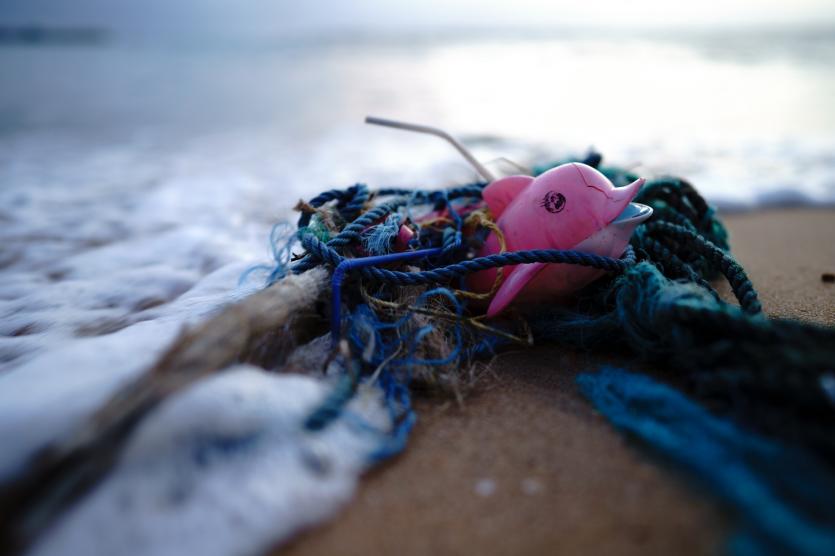Photo by Sören Funk/Unsplash
By Patryk Krych | The World Daily | OCTOBER 30th 2021
According to recent findings from scientists and oceanographers in Japan, there are at least twenty-four million pieces of microplastics littering the oceans at the moment – with plenty more still counting.
The study was performed by a team of oceanographers led by researchers from Kyushu University, with the work having been published in the journal 'Microplastics and Nanoplastics.’ The publicly available dataset was gathered from data that had been collected during various oceanic expeditions, which were sent with the intention of figuring out just how bad the microplastic crisis was.
“Although the observation of microplastics dates back to the 1970s, standardised data spanning the globe is still limited,” said a professor at Kyushu University's Research Institute for Applied Mechanics and leader of the study, Atsuhiko Isobe.
He added: “Our dataset provides realistic amounts of microplastics in the wild to help researchers trying to assess the true impact they are having on aquatic organisms and the environment.”
Microplastics are defined as just that – extremely small pieces of plastic that are typically no bigger than 5 millimetres in diameter. They’re usually created through the degradation of plastic over time, and are extremely dangerous towards marine life, given how easily they can be accidentally consumed.
The primary reason for the research is that, despite the presence of microplastics having been felt since as far back as the last 50 years, there have never been any big datasets available to scientists and researchers before now.
“We collected published and unpublished data on microplastic distribution from around the world and calibrated to account for differences such as in collection method and wave height to create standardized, state-of-the-art 2D maps of microplastic abundance,” said Isobe.
In the end, the study found that there were around 24.4 trillion pieces of microplastics floating around in the world’s upper ocean layer alone – the total amount in the whole ocean is likely to be much larger by comparison. This amounts to between 82,000 and 578,000 tons of plastic, or to 30 million 500ml plastic bottles polluting the ocean.






